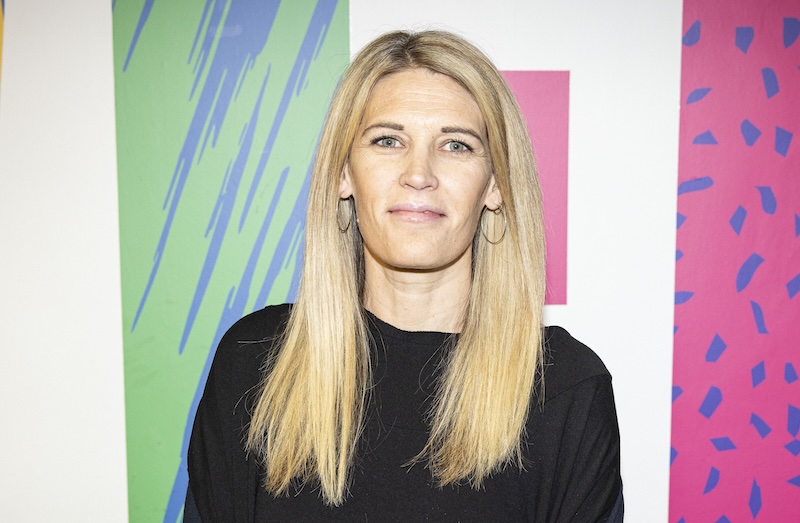SINGAPORE – New Zealand is one of a small number of countries that had done well in curbing Covid-19 infections and deaths over the past two years, with rapid lockdowns and safety measures.
But the number of people dying from the virus has surged in recent months – with 168 deaths in the week ending July 25, up from 163 the previous week. Of the 2,093 deaths from Covid-19, more than 2,000 have occurred since March this year.
Singapore has been seeing between zero and four deaths a day over the past few months, with a total of 1,487 Covid-19 deaths since the pandemic started.
There are many similarities between New Zealand and Singapore.
Its population, at 5.1 million a little lower than Singapore’s 5.7 million, is highly vaccinated, with a 95 per cent vaccination rate in people aged 12 and older.
Here, 93 per cent of the population aged five and older are fully vaccinated.
Mask wearing on public transport and at indoor areas, including schools, is still required in New Zealand, reflecting what is practised here.
So will the surge in deaths – largely in people aged 60 and older – that New Zealand is now facing, also happen here?
Several experts The Straits Times spoke to say that, while there are many similarities between the two island nations, there may be enough differences to make that unlikely.
Associate Professor Alex Cook, vice-dean of research at the NUS Saw Swee Hock School of Public Health, said that while the vast majority of people in both countries have been fully vaccinated, many more people here have received booster shots, which are important as protection wanes after some months.
Professor Teo Yik Ying, dean of the school, agreed that the recent surge in New Zealand is largely among older people who are either unvaccinated or have not received booster shots.
He said: “Our own experience in Singapore during the second half of 2021 highlighted the disproportionately higher risk that the unvaccinated elderly face. I believe this is driving the mortality in New Zealand.”
Slightly more than 73 per cent of those aged 18 and older in New Zealand have received booster shots, against 79 per cent of the total population here.
However, more than 60 per cent of deaths in New Zealand were in people who have not taken their booster shots.
Dr Asok Kurup, who chairs the Academy of Medicine’s Chapter of Infectious Disease Physicians, said that, while he is not sure what is driving the surge in deaths in New Zealand, insufficient boosters in those at highest risk as well as delay in seeking treatment could be factors.
Another factor is the weather, he said – winter is a time when infectious diseases spread more easily, as people huddle together indoors.
Professor Dale Fisher, a senior infectious diseases specialist at the National University Hospital, said one cause could be the waning effect of the booster shot.
He said: “We know that the vaccines work well to prevent severe disease but this effect starts waning after the first booster in four or five months in older age groups.”
This is why a second booster shot is important for vulnerable people, including seniors, to maintain longer-term protection, he said.
Added Prof Teo: “This is an additional reminder that we should come forward to be vaccinated, to get the boosters, when we are eligible. The benefits of the vaccine far outweigh any risk of side effects.”
An Israeli study published in the New England Journal of Medicine in April this year found that protection against severe illness was more than double in seniors who had a second booster shot, compared with people who had only one booster jab. It is still not known how long a second booster protects against severe illness.
Said Prof Fisher: “Health agencies need to continue to monitor emerging evidence on vaccine effectiveness and therapeutics and communicate this effectively to relevant groups.
“Messaging needs to be strategically targeted to vulnerable populations, especially the disadvantaged within those populations. Risk communications becomes more difficult the longer the pandemic goes on for, as people emotionally want to put Covid-19 behind them.”
Associate Professor Hsu Li Yang, an infectious diseases expert and vice-dean for global health at the NUS Saw Swee Hock School of Public Health, said what might be more important is when infection occurred relative to the person’s last jab, given that the protection does wane.
He said: “Perhaps it is time for us to stop thinking of it as boosters, but more like a vaccine on the national immunisation schedules, with a jab every six to 12 months.”
Prof Fisher agreed, adding that the timing should be based on age – with older people getting vaccinated at shorter intervals since protection wanes faster for them.





















Discussion about this post